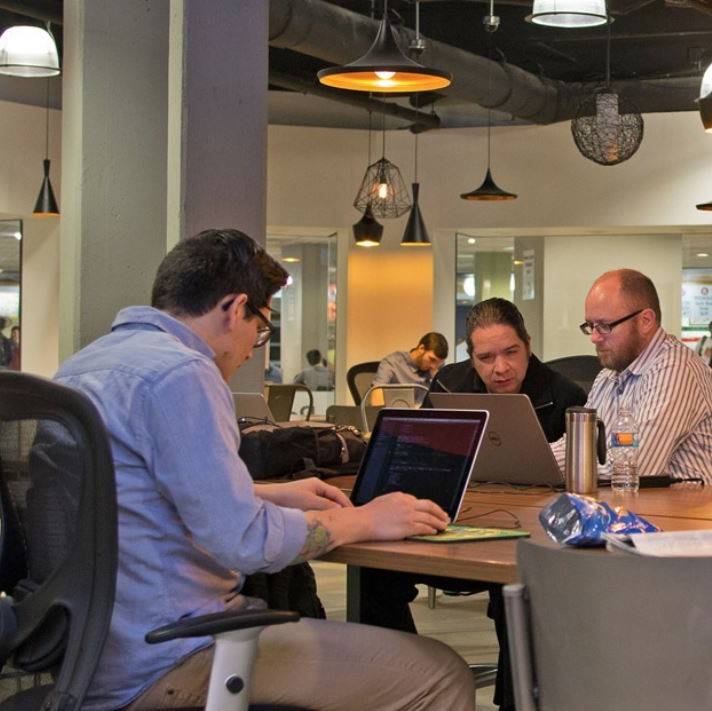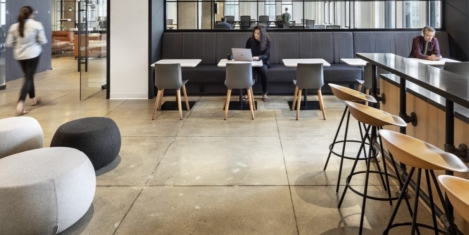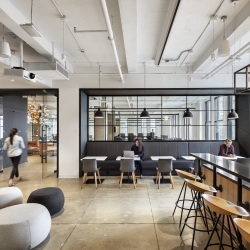To provide the best experiences, we use technologies like cookies to store and/or access device information. Consenting to these technologies will allow us to process data such as browsing behaviour or unique IDs on this site. Not consenting or withdrawing consent, may adversely affect certain features and functions.
The technical storage or access is strictly necessary for the legitimate purpose of enabling the use of a specific service explicitly requested by the subscriber or user, or for the sole purpose of carrying out the transmission of a communication over an electronic communications network.
The technical storage or access is necessary for the legitimate purpose of storing preferences that are not requested by the subscriber or user.
The technical storage or access that is used exclusively for statistical purposes.
The technical storage or access that is used exclusively for anonymous statistical purposes. Without a subpoena, voluntary compliance on the part of your Internet Service Provider, or additional records from a third party, information stored or retrieved for this purpose alone cannot usually be used to identify you.
The technical storage or access is required to create user profiles to send advertising, or to track the user on a website or across several websites for similar marketing purposes.
 When it comes to the tax implications of working from home, Belgium seems to be the most attractive European country. Those regularly working from home in Belgium can claim over €1,700. No other of the eleven nations examined by The Mobile Bank N26 manages to match the Belgians in this regard. In addition to Germany’s neighbour, Spain, Italy, Ireland, the Netherlands, Germany, Austria, Portugal, Greece, Poland and France were also analysed. As the data suggests, regulations and tax relief opportunities differ between nations, sometimes significantly. (more…)
When it comes to the tax implications of working from home, Belgium seems to be the most attractive European country. Those regularly working from home in Belgium can claim over €1,700. No other of the eleven nations examined by The Mobile Bank N26 manages to match the Belgians in this regard. In addition to Germany’s neighbour, Spain, Italy, Ireland, the Netherlands, Germany, Austria, Portugal, Greece, Poland and France were also analysed. As the data suggests, regulations and tax relief opportunities differ between nations, sometimes significantly. (more…)































November 17, 2022
The workplace circus continues to entertain, but back in the real world…
by Mark Eltringham • Comment, Flexible working, Technology, Wellbeing